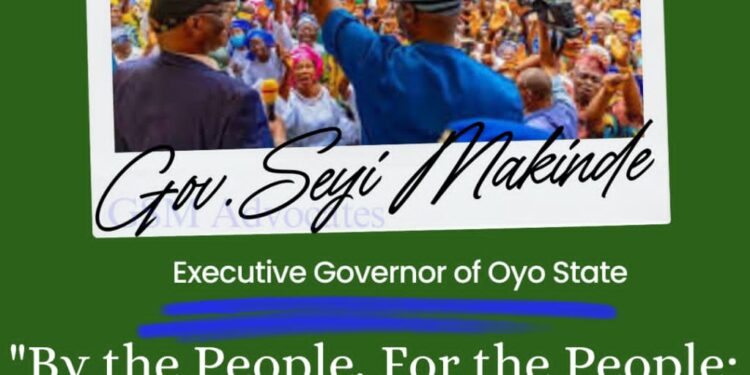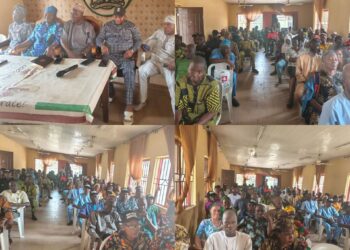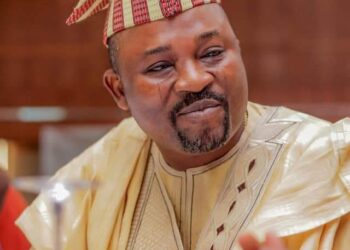For decades, the “common man” in Oyo State has been a spectator in the political theatre cheering from the sidelines, suffering in silence, and waiting for crumbs from the big table of governance. But in 2019, when Engineer Seyi Makinde became Governor, something unusual began to happen: the invisible became visible, and the forgotten became known.

This is not just a political statement, it is a lived reality for thousands in Oyo State. Makinde’s approach is built on the principles of inclusivity, transparency, and accountability. He engages with citizens, listens to their concerns, and works tirelessly to address their needs. This people-driven approach has fostered a sense of ownership and belonging among citizens, who feel that their voices matter and that they have a stake in the state’s development.
One of Makinde’s strongest shifts is budgeting based on people’s needs, political whims. Over 10% of the budget allocated to agriculture, targeting rural farmers with grants, tools, and training. Infrastructure focused not just on cities, but also linking remote villages to markets.
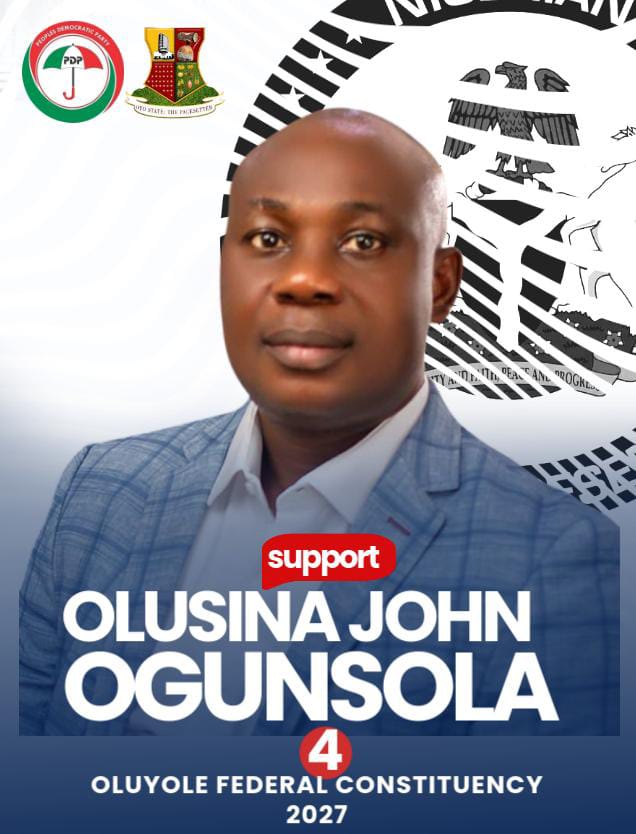
Communities are now invited to participate in townhall meetings before state budgets are passed. “This is the first time we are seeing a governor ask us what we want,” said a farmer from Iseyin. Makinde’s government launched Omituntun Free Health Mission, giving free medical treatment to over 250,000 residents, many of whom had never entered a hospital. Mobile medical vans reach interior villages with doctors and nurses. Women and children no longer need to choose between health and hunger.
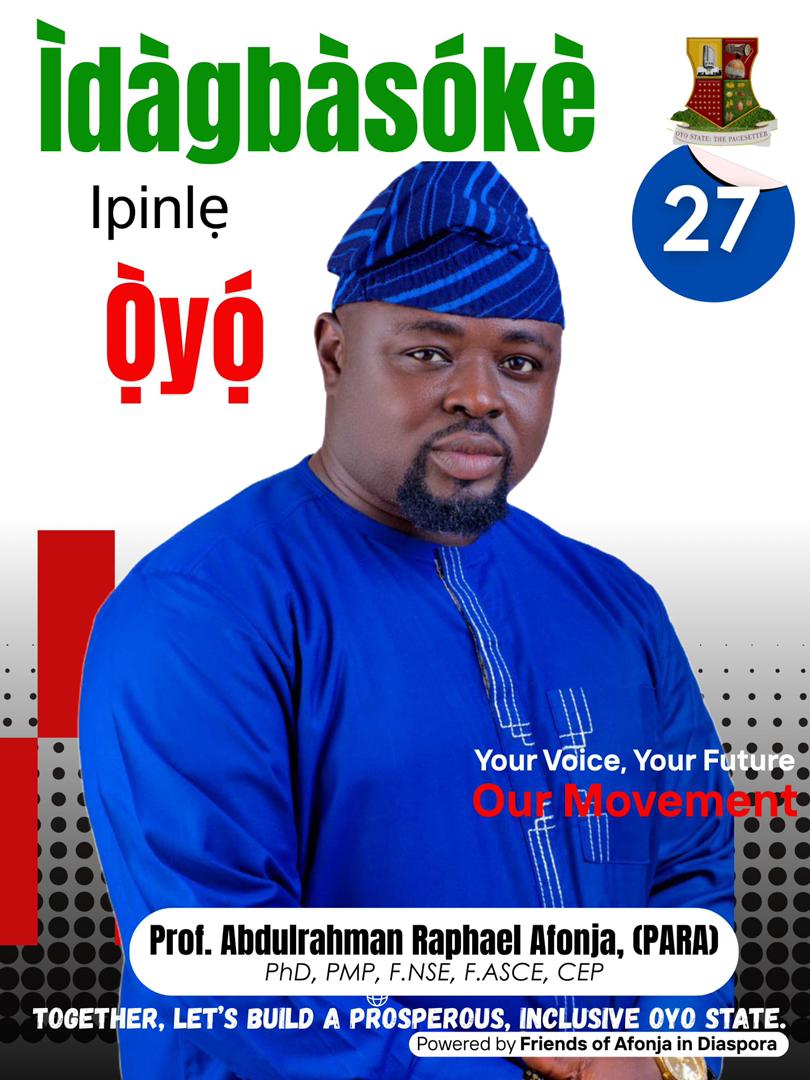
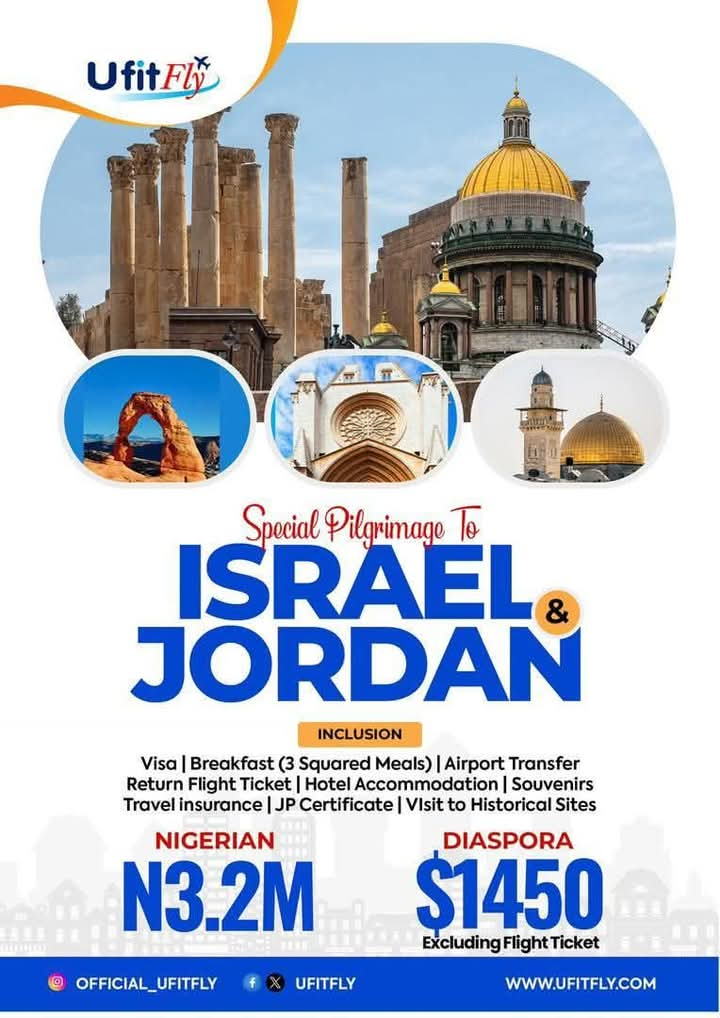
Before Makinde, public education had become a dumping ground for the poor. He changed that by scrapping school fees for public secondary schools, distributing free textbooks and exercise books, recruiting and paying teachers better.
More importantly, street children were enrolled back into schools with parental support. The Oyo State government under the leadership of Governor Seyi Makinde has successfully transformed the National Union of Road Transport Workers (NURTW) from a source of unrest to a partner in progress. By engaging former agitators, the government has promoted peaceful coexistence, increased revenue, and boosted economic growth, creating a more stable and prosperous environment for citizens.

Makinde shocked the political class by appointing ordinary people into key positions, market women, young activists, grassroots mobilizers, and even tricycle union leaders were given real seats in decision-making, not just token roles.

Governor Seyi Makinde’s leadership team is a reflection of his commitment to meritocracy and inclusivity. By appointing individuals based on their skills, expertise, and dedication to service, rather than their family background or social status, he has sent a strong message that talent and hard work are valued above all else.
The inclusion of non-traditional elites in key positions, such as his SSG, Chief of Staff, Commissioners, SSAs, SAs, Chairmen of the Board as well as capable elected local government chairmen demonstrates Makinde’s willingness to look beyond the usual suspects and tap into a broader pool of talent. This approach has likely brought fresh perspectives, innovative ideas, and a renewed sense of energy to the administration.
By prioritizing merit and service over surnames and social standing, Makinde has; promoted a culture of inclusivity, fostered a sense of opportunity; demonstrated a commitment to competence. From Moniya-Iseyin to Ajia-Airport Road, Makinde’s administration prioritized connectivity of the rural economy, not just political zones. Traders can now move goods with less stress.
Youths in once-forgotten villages now have access to jobs and opportunities, enabling them to contribute to their local economies and build better futures for themselves and their communities. This development has brought about a sense of hope and empowerment, allowing them to acquire new skills, drive economic growth, and foster community development. As a result, these villages are likely to experience improved living standards and a brighter future for their residents.
Governor Makinde’s leadership style is marked by humility and a willingness to engage with ordinary citizens. He often walks into public places without the pomp and circumstance of a convoy, allowing him to connect with people in a genuine way. By listening to students in schools, he gains insight into their concerns and ideas. His conversations with okada riders, teachers, and traders provide him with a deeper understanding of the challenges they face and the issues that matter most to them.
Makinde’s unannounced visits enable him to get an honest view of the situation on the ground, unfiltered by protocol or intermediaries. His approach shows that he values the opinions and experiences of everyday people, and is committed to being a governor who is accessible and responsive to their needs.
By engaging directly with citizens, Makinde demonstrates that he is a leader who doesn’t just talk about the people, but talks with them, fostering a sense of trust, empathy, and inclusiveness. This approach has likely earned him respect and admiration from the people he serves.
Governor Seyi Makinde has transformed governance in Oyo State by creating an inclusive environment where every citizen has a voice. He has empowered the poor and marginalized, allowing them to contribute to the state’s development without needing patronage or godfathers. This approach has fostered a sense of ownership and belonging among citizens, making governance more equitable and participatory.
In a country where the elite often dine while the masses watch, Makinde made sure the masses now eat, speak, and matter.
Afees Adedoja Omo’ba , member GSM Advocates writes from Ibadan
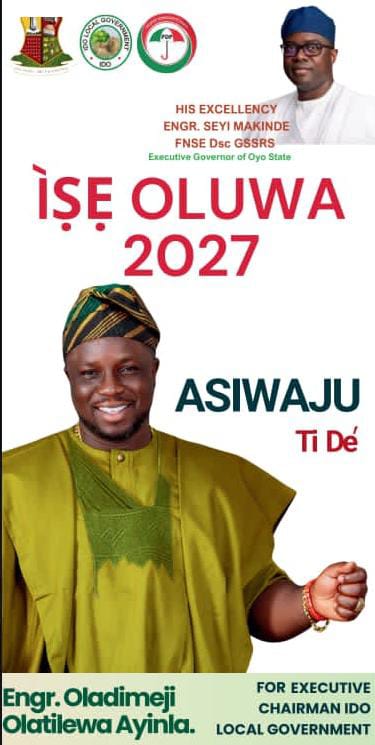

You can get every of our news as soon as they drop on WhatsApp ...To get all news updates, Join our WhatsApp Group (Click Here)



